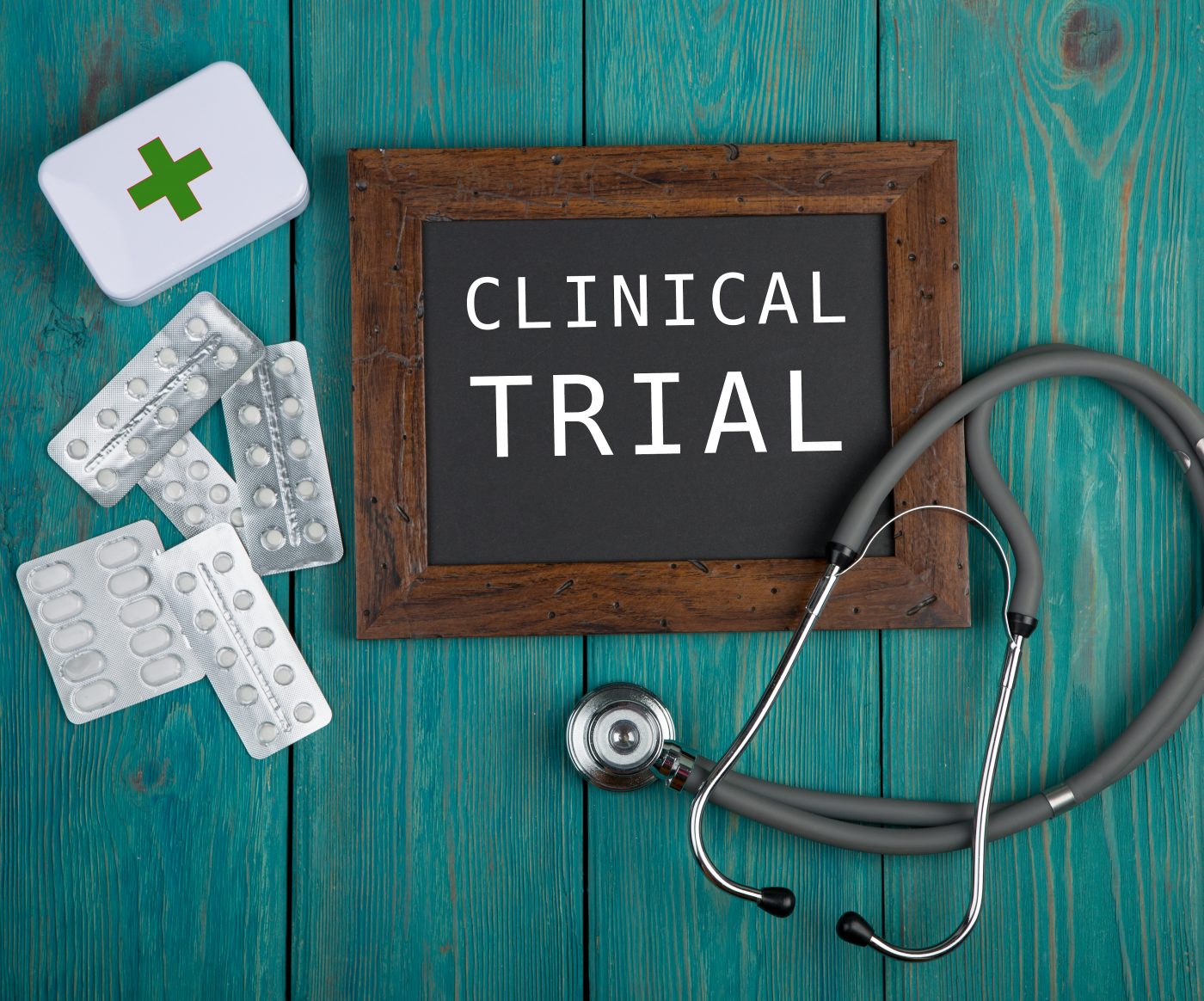Wave’s Exon 51-Skipping Therapy Safe, Well-Tolerated in DMD Boys, Phase 1 Trial Results Show
Written by |

Promising safety and tolerability data from a Phase 1 trial on suvodirsen (WVE-210201), Wave Life Sciences‘ investigational exon-skipping therapy for boys with Duchenne muscular dystrophy (DMD), opens the door for the launch of new Phase 2/3 clinical trials later this year.
Final results from the trial (NCT03508947) were recently presented at the 2019 Muscular Dystrophy Association (MDA) Clinical and Scientific Conference in Orlando, Florida.
DMD, the most common type of muscular dystrophy, is caused by mutations in the DMD gene, which provides instructions for the production of a protein called dystrophin. This protein provides structural support and protection for muscle fibers. In some cases, these mutations result in the loss of entire exons — the coding sequence of a gene that provides instructions to make proteins — leading to the production of a non-working dystrophin protein.
Exon-skipping therapies work by “hiding” a specific exon — exon 51 in the case of suvodirsen — using molecules called antisense oligonucleotides. With this approach, a shorter but functional dystrophin can be produced.
Join our MD forums: an online community especially for patients with Muscular Atrophy.
The global, multicenter, double-blind, placebo-controlled, Phase 1 trial was designed to evaluate the safety, tolerability, and plasma levels of suvodirsen administered intravenously (into the vein) in a group of DMD boys amenable to exon 51 skipping.
A total of 36 patients were randomly assigned to receive either suvodirsen (at a dose of 0.5 mg/kg, 1 mg/kg, 2 mg/kg, 5 mg/kg, 7 mg/kg, or 10 mg/kg), or a placebo, and were followed for a period of 85 days.
Results from the first four groups of 24 patients treated with the lowest doses of suvodirsen (0.5 mg/kg–5 mg/kg), compared with the 10 patients who had been treated with a placebo, showed that:
- 67% of the boys treated with suvodirsen, and 80% of those treated with a placebo, experienced at least one adverse event during the study.
- The most common adverse events, including fever, headaches, vomiting and fast heartbeat, were mild and easily solved, either spontaneously or with treatment.
- No serious adverse events, deaths, or treatment discontinuations caused by adverse events were reported.
- In the 5 mg/kg group, patients experienced adverse events within 24 hours of infusion, associated with momentary increases in high-sensitivity C-reactive protein, a marker for inflammation, and complement factor Bb levels, an indicator of immune system dysregulation. Both events were resolved within a week.
- No clinically meaningful changes were observed in platelet levels, or kidney or liver function.
- Suvodirsen was safe and well-tolerated by patients.
More recent results from the two patients from the fifth dosing group — receiving 7 mg/kg or 10 mg/kg of suvodirsen — showed the adverse events were similar to those reported for patients treated with lower doses, but more severe in intensity.
Based on findings from the first four dosing groups, in December 2018, Wave selected the doses at which suvodirsen will be administered in its upcoming global, multicenter, randomized, double-blind, placebo-controlled Phase 2/3 DYSTANCE 51 trial (NCT03907072).
The study’s design, also presented during the MDA conference, is meant to assess the safety and efficacy of suvodirsen in a group of DMD patients between 5 and 12 years old who are amenable for exon 51 skipping. All patients will be randomly assigned to receive either 4.5 mg/kg or 3 mg/kg of suvodirsen, or a placebo intravenously once a week for 48 weeks.
The company is planning to launch DYSTANCE 51 in July, and to use the data it generates to support the regulatory approval of suvodirsen worldwide.
DYSTANCE 51 was also recently selected by the U.S. Food and Drug Administration (FDA) for its pilot program on complex innovative trial designs.
Suvodirsen is also being tested in an open-label extension study launched in August 2018 with patients who carried over from the previous Phase 1 trial.
Wave expects to announce data from the interim analysis on the levels of dystrophin present in muscle biopsies from patients treated with suvodirsen in the extension study in the second half of this year. The company plans to use that data to seek accelerated approval for suvodirsen from the FDA.
“We are delighted that suvodirsen’s Phase 1 results demonstrate a favorable safety and tolerability profile that allow us to proceed rapidly into Phase 2/3 clinical development with doses we expect to be within the therapeutic window. Later this year, we expect to report interim efficacy data from the ongoing open-label extension study of suvodirsen and intend to use those data as an important component of a submission for accelerated approval in the United States,” Michael Panzara, MD, chief medical officer of Wave Life Sciences, said in a press release.
“We truly appreciate the boys and families that made this trial possible,” Panzara added.





